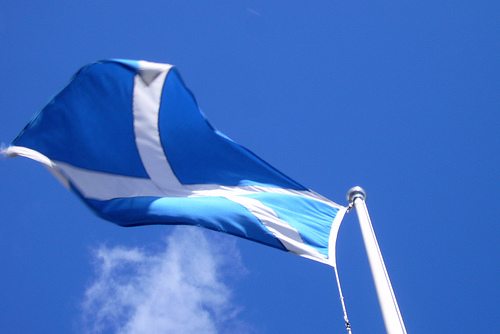

Energy
Scottish Parliament: Make energy reduction a priority finds committee inquiry
Reducing energy demand will be critical to ensuring the security of our energy supply in the future and a parliamentary committee is today calling on the Scottish and UK Government’s to make this a priority.
The Economy, Energy and Tourism Committee’s inquiry into ‘ensuring Scotland’s energy supply’ is calling on the Scottish Government and Ofgem to produce a demand reduction strategy as a matter of urgency. The inquiry heard that communication with consumers had largely been ineffective to date. MSPs concluded that if consumers were to see how to save on their energy bills they would be more likely to change their behaviour.
The Committee also heard evidence that those least likely to switch energy suppliers were those on low incomes, with a poor educational background or those with disabilities. Given the November 2016 target to eradicate fuel poverty, the Committee is asking the Scottish and UK Government what more can be done to address unfairness in the system.
Convener of the Committee Murdo Fraser MSP said: “Reducing the demand for energy is often talked about in the context of climate change but not in the debate for ensuring we have enough electricity to keep the lights on.
“During this inquiry, we heard that the reduction of demand for energy can play a key role in increasing the resilience of our energy supply by rewarding consumer behaviour to drive changes.
“It was clear that authorities at all levels need to work harder to make it easier for people to change their behaviour. As a Committee we want to see energy reduction urgently made a priority.”
The Committee’s report welcomed the introduction of smart meters, a UK wide scheme, but also called for wider reform of the current settlement system.
The Committee also called for more clarity in communicating the costs and benefits of the revised transmission charging regime which is due to commence in April 2016.
Deputy Convener of the Committee Dennis Robertson MSP said: “The review of transmission charging has been a lengthy process over seven years and included a judicial review. It has also been brought into particular focus in Scotland due to the early closure of Longannet. This is why we are today calling for more clarity in communicating the rationale of the system and how it fits with the wider aims of public policy.”
Commenting on the publication today , WWF Scotland director Lang Banks said: “Despite some recent headlines, people in Scotland should be reassured by the report’s conclusion that there is no security of supply crisis in Scotland. With half of our energy use and climate emissions come from heating, it is good to see the Committee calling for a much more joined-up approach to our energy system.
“We fully agree with the Committee that Scottish Ministers should prioritise energy efficiency and produce a demand reduction strategy for the country. As we approach the Holyrood elections, we call on all political parties commit to action to help consumers and businesses cut their energy usage and energy bills.
“Independent research has shown that Scotland can have a safe and secure electricity supply with almost entirely renewable electricity generation in 2030, by playing to our amazing natural resource strengths and improving interconnections. We want all political parties to embrace this transition, so that Scotland can capture all of the benefits of being the EU’s first 100% renewables nation.”
The Committee launched their inquiry in March this year. The remit of the inquiry was to consider Scotland’s energy needs in a changing UK electricity market. The inquiry focussed on four themes in particular: supply, demand, the transmission network and market functioning.
Read the full committee report.


 Environment12 months ago
Environment12 months agoAre Polymer Banknotes: an Eco-Friendly Trend or a Groundswell?

 Features11 months ago
Features11 months agoEco-Friendly Cryptocurrencies: Sustainable Investment Choices

 Features12 months ago
Features12 months agoEco-Friendly Crypto Traders Must Find the Right Exchange

 Energy11 months ago
Energy11 months agoThe Growing Role of Solar Panels in Ireland’s Energy Future




























